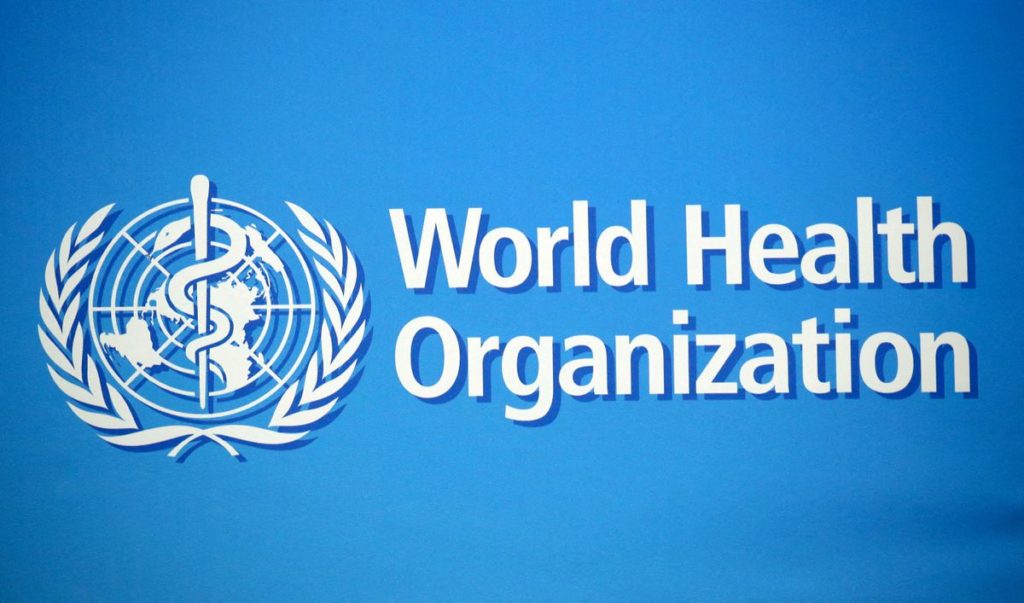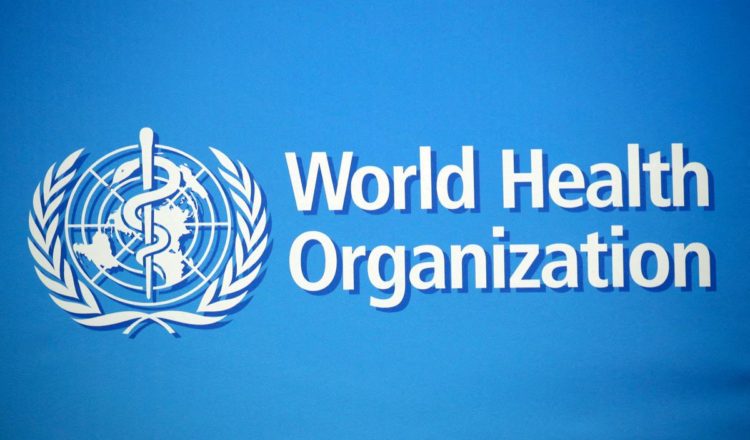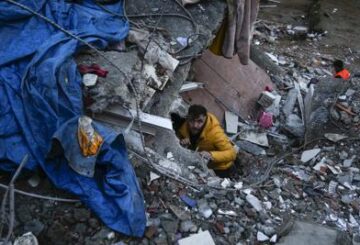
As the World Health Organization (WHO) expands surveillance in countries where monkeypox is rare, it expects to find more cases.
As of Saturday, 92 confirmed and 28 suspected cases of monkeypox were reported from 12 non-endemic member states, the UN agency said. It will provide guidance and recommendations in the coming days on how to mitigate the virus’s spread.
“Available information suggests human-to-human transmission,” the agency said.
“People recover without hospitalization in two to four weeks, but the disease can be fatal.
Close contact spreads it, so self-isolation and hygiene can contain it.
“It seems to have gotten into the population as a sexual form, as a genital form, and is being spread as are sexually transmitted infections,” said WHO infectious disease specialist David Heymann.
Heymann said an international committee of experts met via video conference to discuss what needed to be studied and communicated about the outbreak, including asymptomatic spread, at-risk populations, and transmission routes.
“The situation is urgent,” he said. The committee would not recommend declaring a public health emergency of international concern for the COVID-19 pandemic.
Close contact is the main transmission route because disease lesions are infectious. Parents caring for sick children and health workers are at risk, so some countries inoculate monkeypox treatment teams with smallpox vaccines.
Joe Biden said Sunday that recent cases of monkeypox in Europe and the US are “worrisome.”
Biden’s first public comments on the disease were: “If it spread, it would be consequential.” They haven’t told me the exposure level, but everyone should be worried. We’re figuring out what to do.”
Efforts are underway to find an effective vaccine.
The UK Health Security Agency (UKHSA) registered 20 cases on Friday and will release new figures on Monday.
UKHSA chief medical adviser Susan Hopkins says community transmission is now the norm in Britain.
“We’re finding cases with no identified West African contact,” she told BBC television.
Daily, we find more cases.
“The risk to the general population is low, but people should be aware, she said, adding that most adults will have “mild” symptoms.
Early genomic sequencing of a few European cases suggests a similarity to the 2018 strain that spread in Britain, Israel, and Singapore.
Heymann said it was “biologically plausible” that the virus had circulated outside of endemic countries, but had not caused major outbreaks due to COVID-19 lockdowns, social distancing, and travel restrictions.
He said the monkeypox outbreak didn’t resemble the COVID-19 pandemic because it’s not as contagious. Those with symptoms, including a bumpy rash and fever, should avoid close contact with others.
Heymann said, “You can protect yourself with vaccines.”





